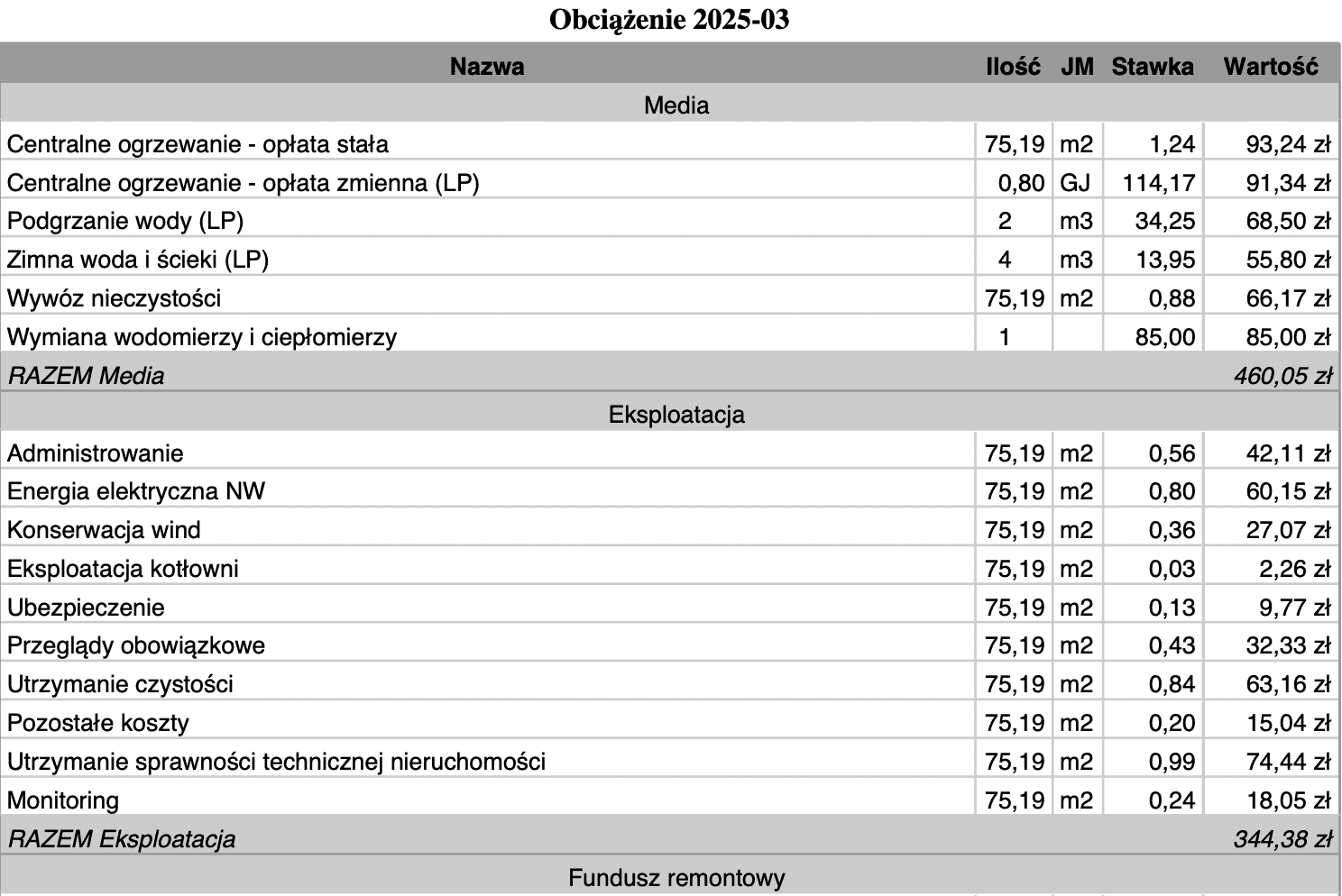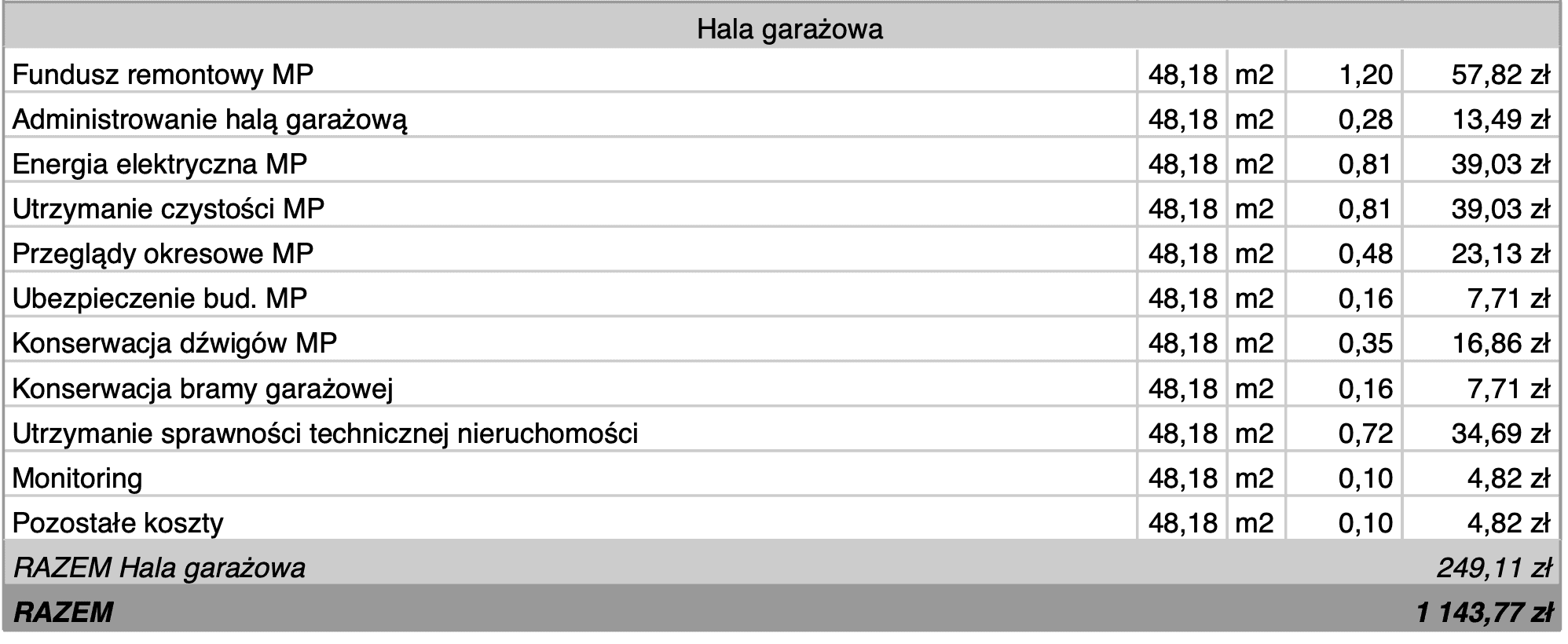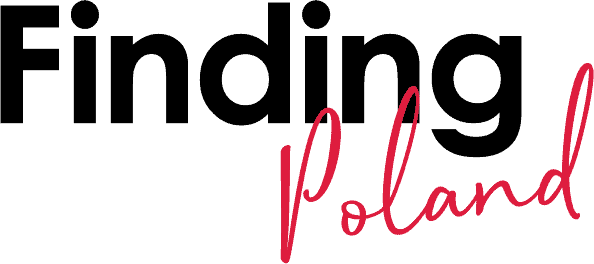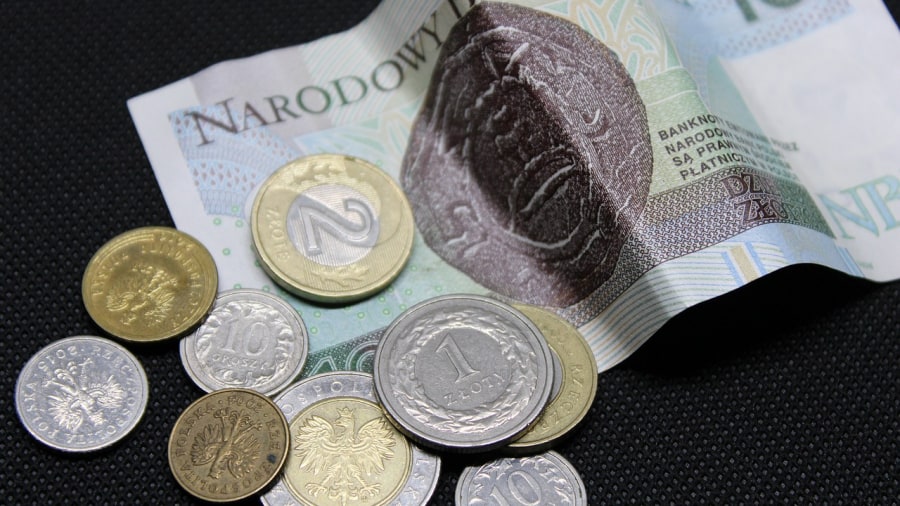If you’ve just bought an apartment in Poland, it should quickly come to your attention that you have to pay monthly communal fees. This is the czynsz administracyjny bill.
“Czynsz administracyjny” or “czynsz najmu“?
As the name czynsz administracyjny suggests, it’s an administrative fee that has been adopted as a definition of the sum of benefits and fees to be paid by apartment owners to the accounts of property management companies or members of housing co-operatives on their behalf.
People in Poland are used to bandying about the word “czynsz”. However, they might not always be referring to the czynsz administracyjny bill.
There’s also czynsz najmu. This is the actual rental fee determined by the property owner, minus the monthly communal costs.
Breaking down my czynsz administracyjny bill
The monthly czynsz administracyjny bill for March 2025 for the 75 m2 flat I owned in Gdańsk up until the end of January 2025 came to 894,66 zł. I still had access to my settlements via the property manager’s cloud-native system up until the middle of March.
In April 2024, the property management company added an extra 249,11 zł to my communal fees due to maintenance costs connected with the garage hall. The flat comes with two parking spaces and a storage unit (komórka lokatorska).


In the image above, you may see a breakdown of the monthly communal fees the current owner has to cover. These include:
Centralne ogrzewanie – opłata stała – Central heating – standing charge
Zimna woda i ścieki – Cold water and canalisation
Konserwacja wind – Lift maintenance
Fundusz remontowy – Renovation fund
Monitoring – Video Surveillance
Summary
In the summer of 2023, it came to light that the administrator of our building had driven our mini-community of three buildings deep into debt. Hence, residents united to kick out this company and bring in a new administrator. With the new appointment, communal fees rose. Considering that I’d been used to paying around 540-650 zl per month for around four years, having to pay 882,80 zl (the cost of fees between the summer of 2023 and April 2024) was somewhat financially burdensome. However, this figure may have been realistic because residents had underpaid for many years, hence the massive debt that had accrued.
Updating this post in April 2025, I wouldn’t be surprised if the overall communal fees, including the garage gall, for this flat amounted to 1,200 zł by the end of 2025. Gdańsk is Gdańsk. However, the communal charge I had to pay is nothing short of daylight robbery in my opinion. By the time I sold the flat, communal fees had risen a whopping 111% since 2019.
Therefore, I had to contend with yet another sudden increase in my cost of living. It no longer made financial sense for my wife and me to live in such a large flat. I did rent out one of the parking spaces for 240 zł a month but even that didn’t make up for the extortionate communal fees I have to pay. What’s more, I became dissatisfied with the state of the building I lived in. It got dirtier and dirtier, while the green spaces surrounding the building were not as well-kept as they has previously been.
Overall, if you’re looking at buying a flat in Poland to live in or indeed as a buy-to-let investment, I believe that you and your tenants will be satisfied with the transparency of communal charges in major Polish cities. Most buildings seem to be very well maintained. However, the cost of communal fees has skyrocketed in recent years.

